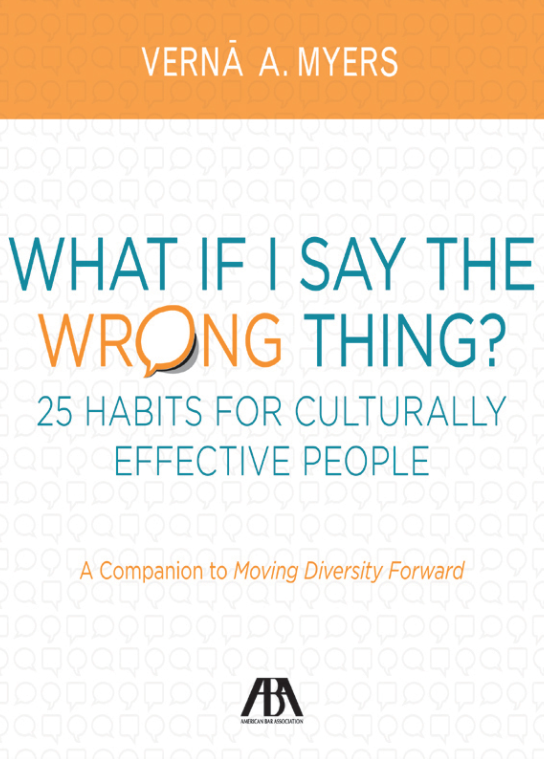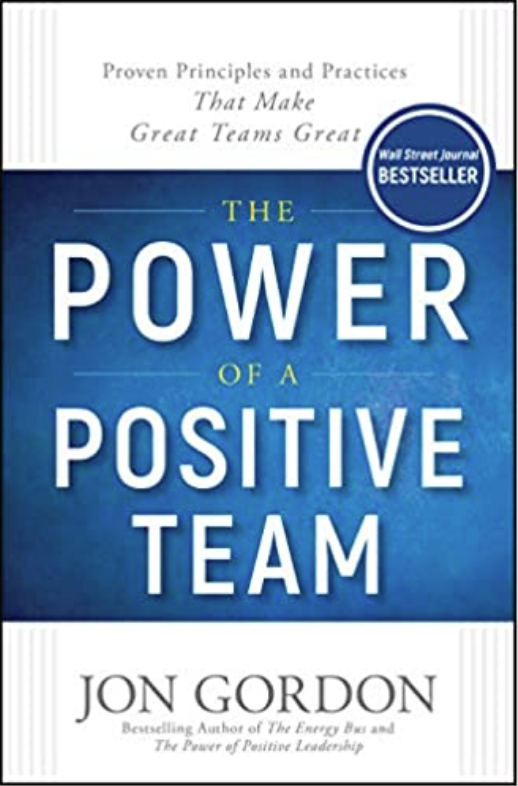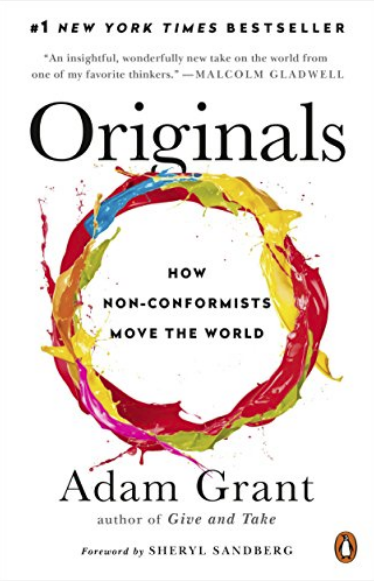Free Content. Subscription Services. Customized Workshops.
To view a distillation click on the book cover or Read More link below the excerpt. Not sure how to use the distillations to improve your practice, learn more about them on our Distillations Explained page.
To find another book, return to the Book Search page.
Skip the Line
James Altucher gives us page after page of reframing how we operate in Skip the Line. Think you need 10,000 hours of “deliberate practice” to master something? What about a steady string of experiments to see what's possible? Think you need to network in person with business cards? What about sending four targeted texts every single day. No need to wait your turn, this book will show you how to create opportunity and then invite others to join you!
Courage to Grow
Have you ever wanted to start your own school? In Courage to Grow, Laura Sandefer takes the reader from the inception of the Acton Academy School model to scaling it internationally. The Sandefer family decided one day to open a new school model because they were unsatisfied with their children’s traditional schooling.
Prepared
Prepared could have just as accurately been titled, How Summit Public Schools Were Started. Diane Tavenner relays her journey to create a school (and then school system) where real-world problems, self-direction, reflection, and collaboration are the foundation of the learning experience.
Difficult Conversations
Have you seen progress at your school delayed because of conflict? Are there tension points that never seem to go away? Stone, Patton, and Sheen use Difficult Conversations as a guide to confronting and resolving all of that.
What if I Say the Wrong Thing?
In What If I Say The Wrong Thing, Verna Myers helps individuals and leaders understand the structures, policies, and cultures that organizations may have in place that hinder achieving equity, diversity, and inclusion. With examples from her personal life and professional career Myers provides readers with useful suggestions for how one can become a more culturally responsible individual and how leaders can transform organizations.
Collaborative Intelligence
Ever wonder how your mind works on its own and/or with others? If you answered yes, boy are you in luck! Dawna Markova and Angie McArthur have written Collaborative Intelligence with you in mind. You will learn about the kinesthetic, visual and auditory patterns of thinking, how to put forth the best thinking for different situations, and understand the Inquiry Compass.
Humor, Seriously
Whether you use humor to lead and want to know how it works or just wish work was more fun, Humor, Seriously is the book for you. Jennifer Aaker and Naomi Bagdonas use their research, experience with improv, years of teaching about humor, and their vast network of comedians and writers to produce an impressive (and witty) book about humor.
The Power of a Positive Team
Written as sort of a group workbook, The Power of a Positive Team by Jon Gordon is 90% inspirational and 10% solid examples of ways to create positive teams. The reader travels from athletic fields to boardrooms while Gordon illustrates how positivity has made the difference for various team experiences.
Range
David Epstein uses Range to convince the reader that it may in fact be the generalists who add more value as the world becomes more and more complex. His basic premise is that for complex problem-solving and decision-making, it is often those with broad experience and diverse backgrounds who fare better (e.g., professionals with hobbies outside of their profession).
The Art of Gathering
Did you know the greatest potential for memorable moments at an event happens at the beginning, end, and a peak moment in between? In The Art of Gathering, Priya Parker unpacks each component of a gathering from invitation to intentional ending with the perfect combination of research and anecdotes.
Post Corona
In Post Corona, Scott Galloway brings us into the future world economy and the forces that will drive it. While less about Corona than the title implies, it’s a clear window into the future from a great thinker. We would serve students better if we began to think a bit more like Scott Galloway about what’s to come... in education.
Upstream
In Upstream, Dan Heath teaches us to think about problem-solving from the root causes, as opposed to the normal focusing on the results. This is a great read for anyone interested in thinking about improving the world through ideas such as deploying ambulances more efficiently, providing housing to more people, and ensuring that more students graduate high school.
Farsighted
For those interested in the complexities of thought, a deep dive into Farsighted will bring much satisfaction, as it broaches the uncommon topic of how we make important decisions. Models, such as storytelling and scenario planning, combined with warnings of “fallacy of extrapolation” and “anchoring” keep the reader engaged from page to page.
The Innovator’s Mindset
George Couros’, The Innovator’s Mindset convincingly makes the case that schools should exist to empower students to be innovative leaders, creators, problem finders, and problem solvers. He creatively introduces a blueprint for how schools can do this by introducing two different approaches focused on making meaningful connections by building trust and taking risks.
The Medici Effect
Frans Johansson tells stories that illustrate connections across seemingly dissimilar disciplines in order to emphasize his main idea: Intersection is the key to innovation. Most of the book is spent guiding the reader in terms of how to create the Intersection as frequently and efficiently as possible.
The Model Thinker
In The Model Thinker, Scott E. Page takes the reader through the whys and hows of model thinking followed by dozens of models to help us understand the world. However, in the final analysis, this book is lacking in models that are directly impactful for educators, but knowing there are models out there that drive policy will cause all of us to make decisions using logic and data via the models we find adjacently relatable.


















